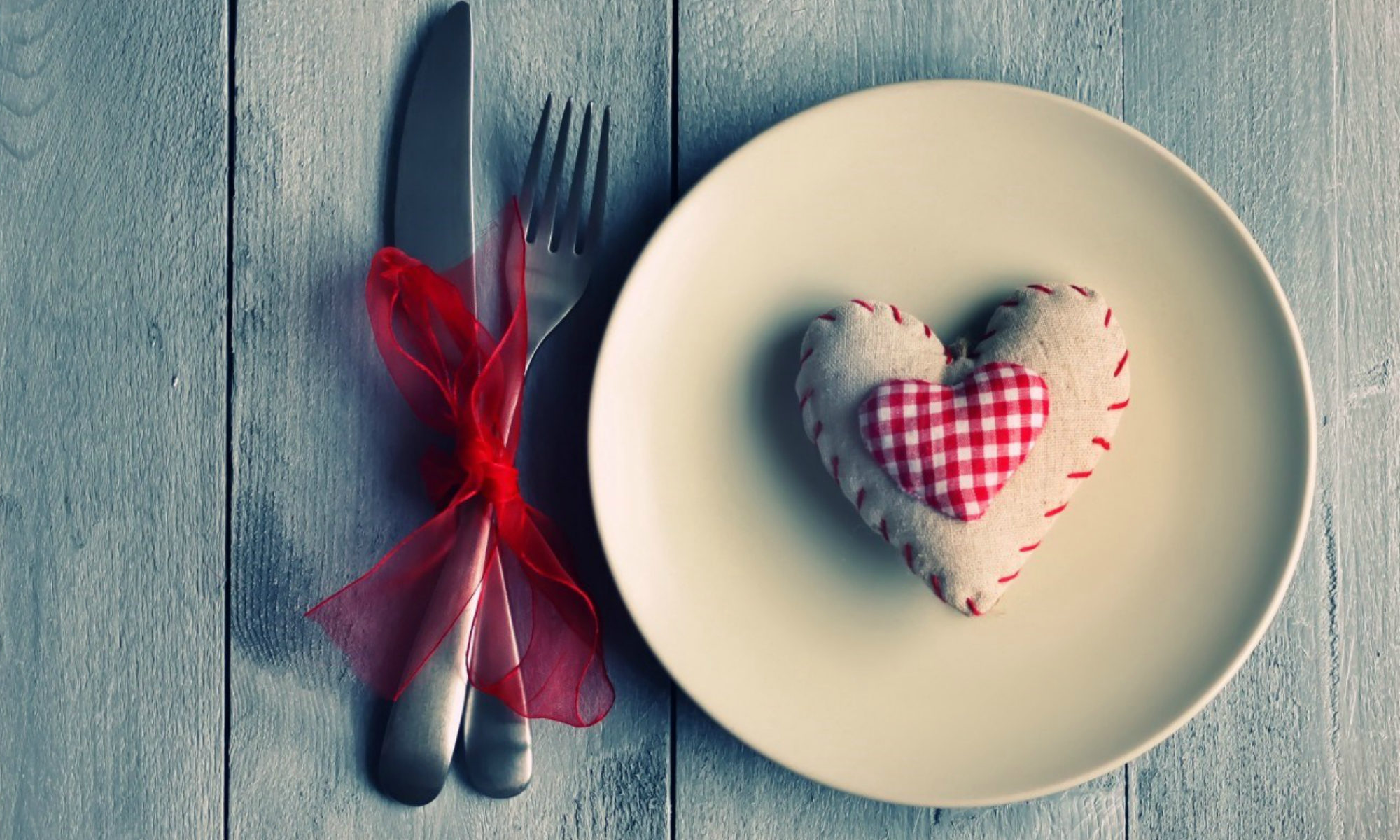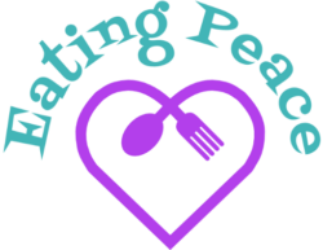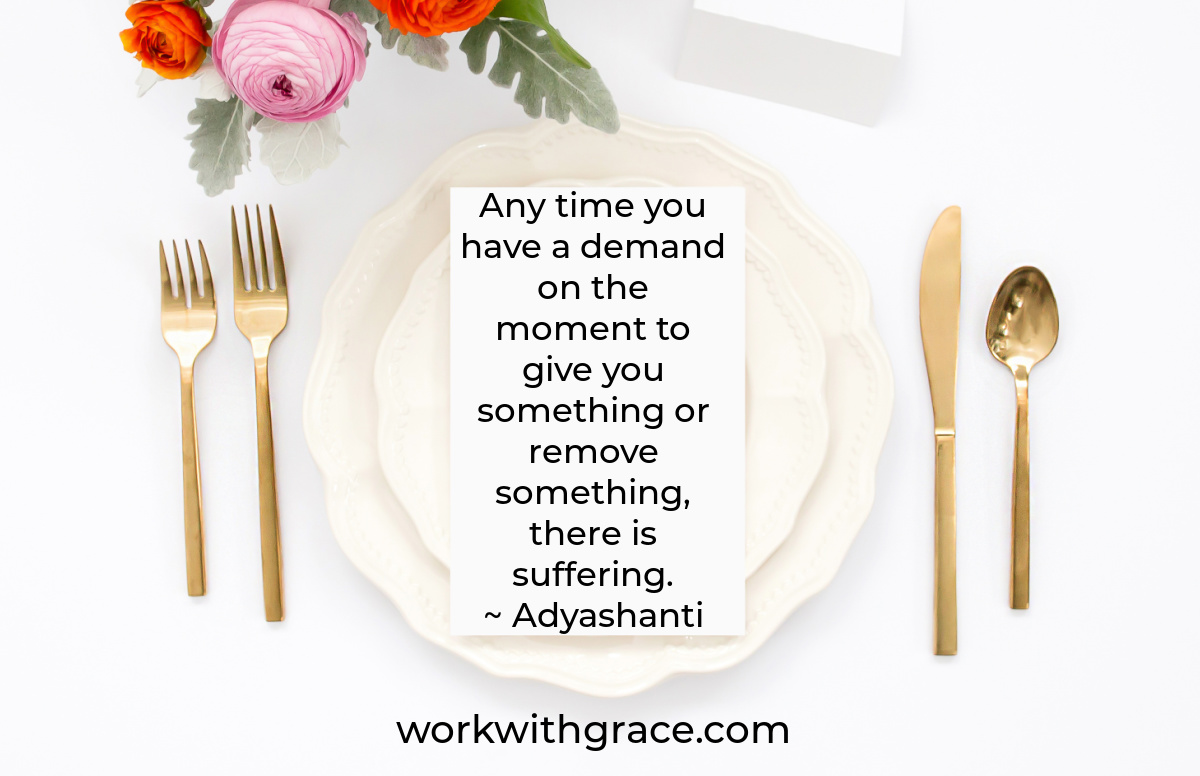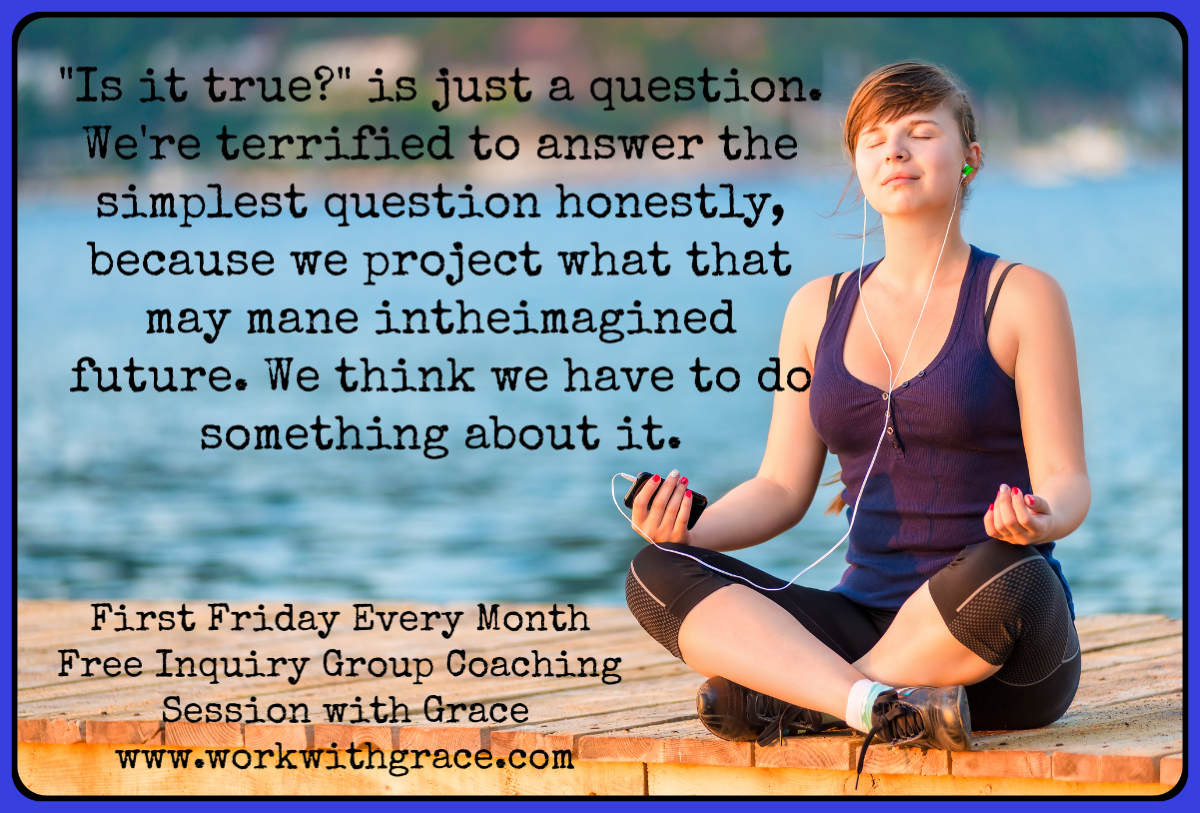An interesting dilemma comes alive with ending compulsive behavior sometimes (frequently) for people:
If I eat the thing…I’ll suffer.
If I don’t eat the thing…I’ll suffer.
If I eat the thing, I’ll criticize and berate and be very cruel to myself. Again.
If I eat the thing, I’ll gain weight. I’ll force myself to purge by harsh exercise or starvation or vomiting.
If I eat the thing, I’ll be guilty.
If I do NOT eat the thing, I also won’t have fun.
I’ll be stranded out here in emptiness, silence, or a turmoil of emotions without anywhere for them to go.
I’ll get more obsessed, I’ll go crazy.
I’ll attack other people, I won’t be able to shut my mouth, my anger will leak out or slam out involuntarily.
I’ll feel so restricted and starved.
Wow. It’s a No Win situation.
But what if you questioned the idea that all your choices (whittled down to two here) are full of SUFFERING?
What if not eating–when you’re overcome by the compulsive urge to eat when not hungry–was actually kind, and a relief?
When hungry, eating is a relief. A meal with other people is sharing, connection and can be enormously nourishing and kind.
When not hungry, eating is a burden (even if it seems to relieve emotional disruption).
The great question, in any given moment that appears to have a compulsive activity as an option:
What would kindness do?
How would kindness eat right now?
What would a peaceful voice have to say about this moment, and your options?
When is Not Eating an act of kindness?
When is Eating an act of kindness?
You are more clear on this than you suspect. You know how to be kind.
Kindness is what you ultimately gravitate most towards.
Peace and quiet. The canvas that holds all thought.
Saying “no” to eating might be kinder than you think. Same with saying “yes”.
Question the thought “either choice will lead to suffering”.
Is that really true? What if it wasn’t?
Much love,
Grace



